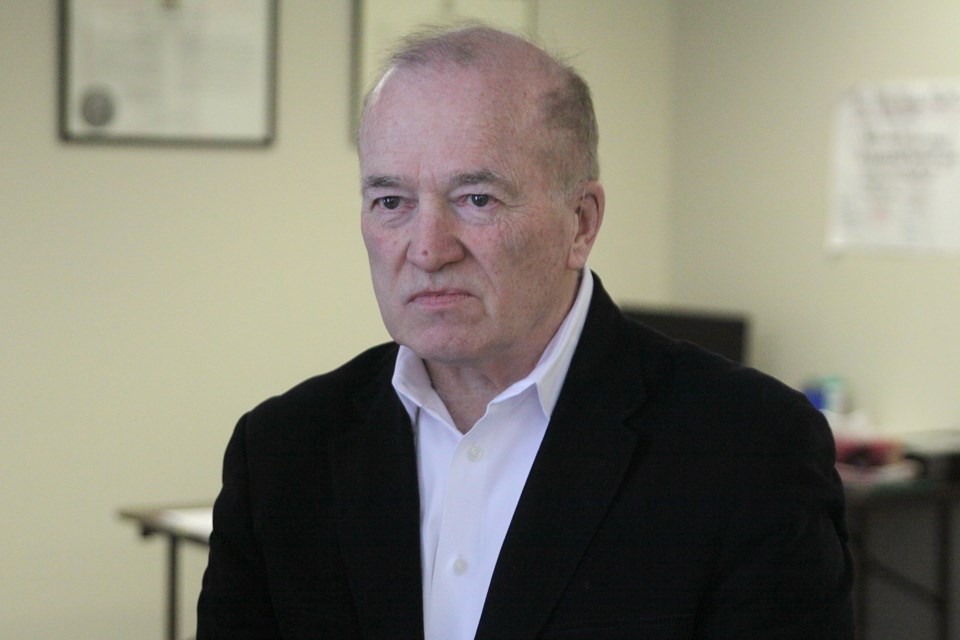THUNDER BAY – An organization representing more than 300,000 seniors across the country is urging the federal government to prioritize protecting private pensions when large companies go bankrupt.
CARP, formerly known as the Canadian Association for Retired Persons, is holding a national day of action on Wednesday where representatives are meeting with members of Parliament to advocate for pensioners to be granted super-priority status during bankruptcy proceedings.
Rene Larson, the Thunder Bay CARP representative, met with Thunder Bay-Superior North MP Patty Hajdu at her constituency office on Tuesday to lobby for legislative change.
“The whole purpose of this is to move the pensioners up to the top of the list so that their pensions are secured for the future,” Larson said.
“Many of them have worked 30, 40 years of their life and contributed to the well-being of the company. They’re relying on their pension in their retirement and we want to make sure that’s a priority for Canada as a society, to protect the pensioners.”
Private pension security has emerged in public prominence with the demise of Sears Canada, where bankruptcy proceedings revealed a deficit of more than $260 million, which could force as many as 16,000 pensioners to have their benefits reduced.
The Sears case isn’t the first for Canadian retirees to be faced with lowered pension payments, with the collapse of Nortel nearly a decade ago remaining as a particular example.
Larson said long-term care home costs could be in the neighbourhood of $1,900 per month, while a person collecting their Canadian Pension Plan and Old Age Security payments would only bring in $1,300.
“There’s a shortfall that society has to pick up,” Larson said. “If they have a private pension, they’re going to be over that threshold and the public won’t have to subsidize. It will come from retirees’ funds.”
“Before that, people are able to live and enjoy their retirement rather than live in poverty and suffer.”
That shortfall has also in many cases forced seniors back into the workforce in search of part-time, minimum wage jobs to be able to put food on the table, Larson added.
Hajdu, who is also the federal government’s minister of employment, labour and workforce development, noted private pension security isn’t a new issue, especially in Northwestern Ontario.
“Here in the north we’ve had other examples,” Hajdu said. “We’ve had experiences with forest product companies, for example, who have claimed bankruptcy or changed their structure and pensioners suffered tremendously.”
Hajdu committed to bringing the message forward to her colleagues in Ottawa. She also noted the federal government has enhanced the guaranteed income supplement and reverted retirement age to 65 after the previous Harper government increased it to 67.
More improvements are on the way, Hajdu said.
“Enhancements to CPP are a big piece of how we’re trying to address this through the mechanisms we currently have,” Hajdu said. “Moving from seniors receiving roughly (25 per cent) of their earnings to (33 per cent) of their earnings over time, that’s the protection of the future generations to come.”
